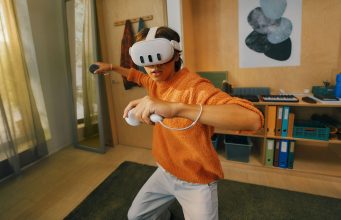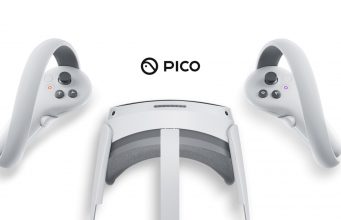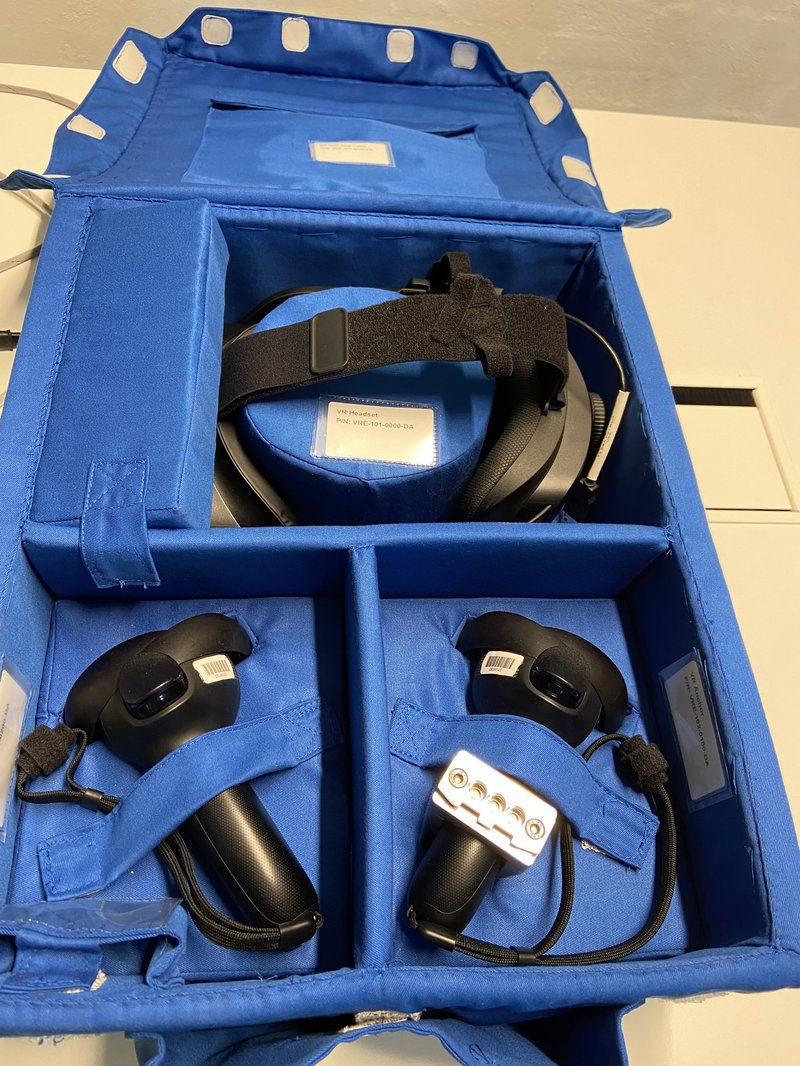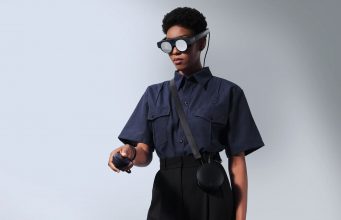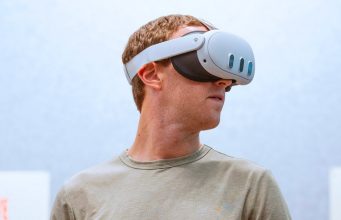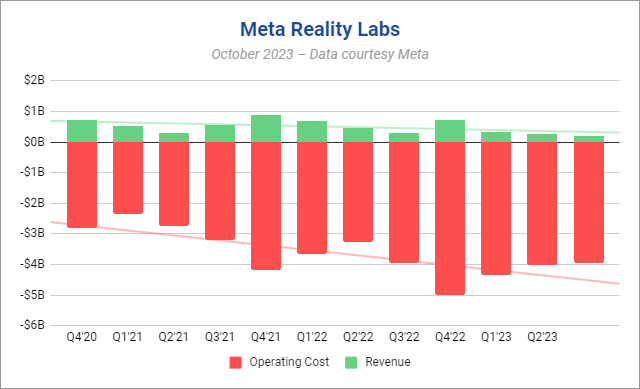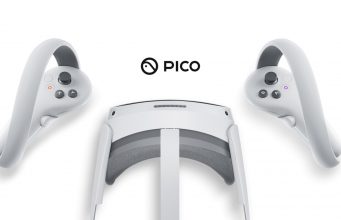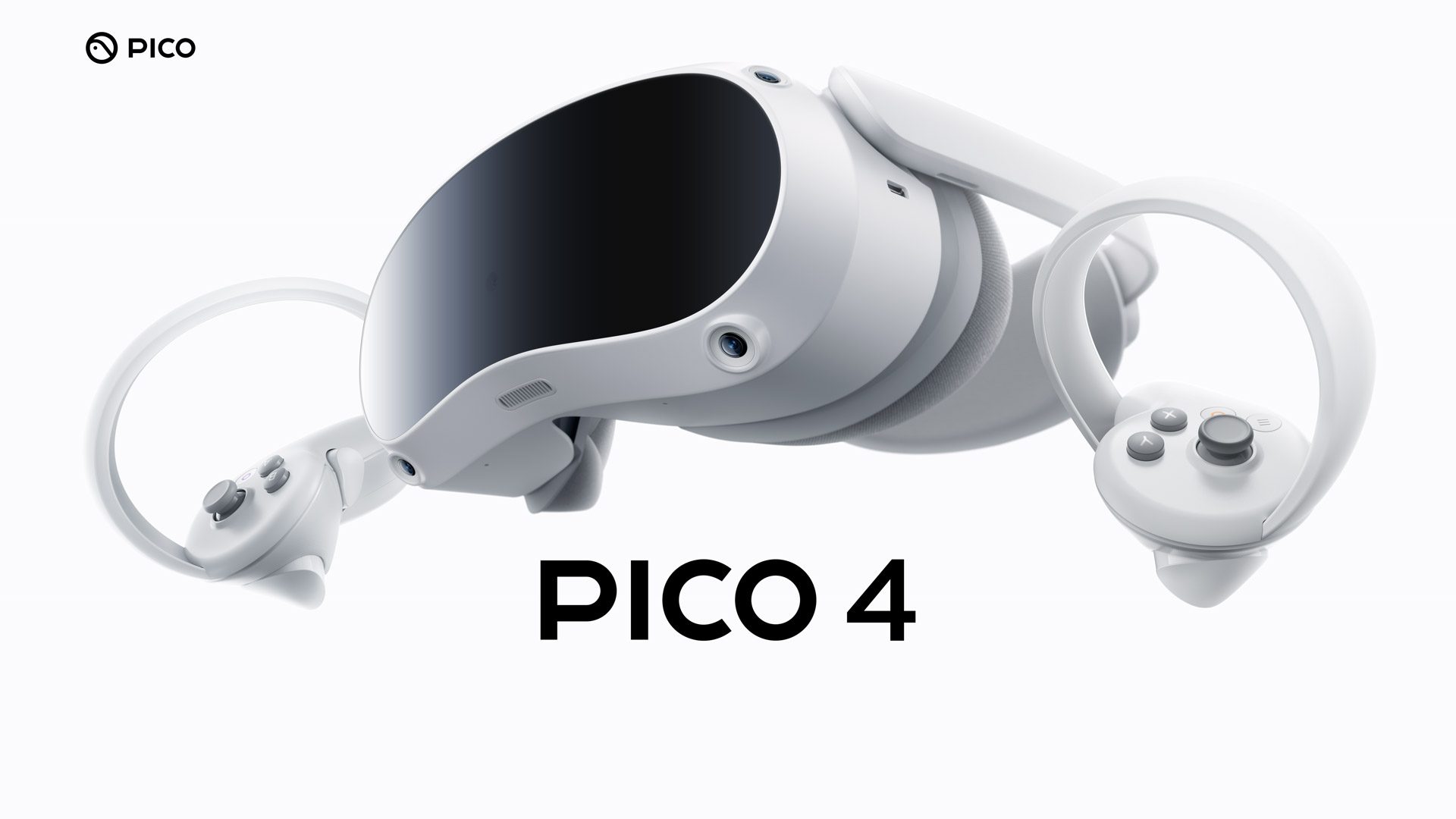Meta Reportedly to Return to China, Spearheading with Cheaper VR Headset
After 14 years of being sanctioned from operating in mainland China, Meta is set to return to the country with the help of a new, lower-priced version of its VR headset, the Wall Street Journal reports.
Meta’s planned return is thanks to a deal—allegedly still in preliminary stages—with China’s Tencent, the world’s largest videogame company and soon-to-be exclusive seller of Meta headsets in China, WSJ reports, citing people familiar with the matter.
The report maintains Tencent will start selling the headset beginning in late 2024, with the two companies reaching a deal after about a year of negotiations.
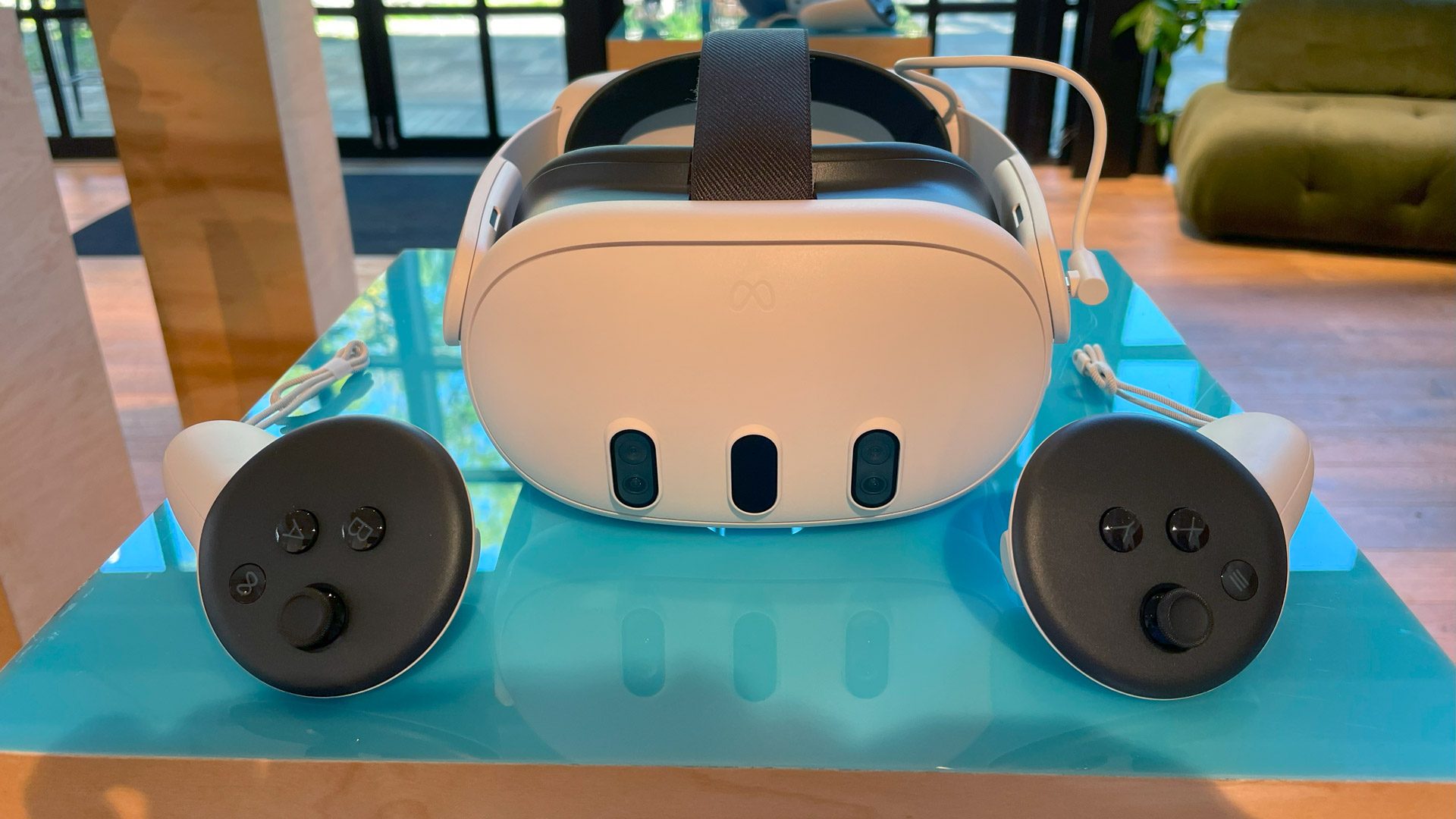
While the report didn’t mention a potential price of the “lower-priced” VR headset, it’s said the China version could use cheaper lenses than the more costly pancake optics in Quest 3. It’s also said the China-approved version could be sold in other markets besides mainland China.
The proposed deal is set to grant Meta a larger share of device sales, while Tencent will have a larger share of content and service revenue, as the headset will feature games and apps published by the Shenzhen, China-based entertainment conglomerate.
As it is today, Meta’s VR hardware is subsidized by content sales, which would make the deal less attractive for Meta on paper. Still, using its VR headset tech to re-enter China, where it might further leverage growth opportunities for other products, may be worth the price.
Meanwhile, it seems Meta is striking in China just as the homegrown competition falters. While ByteDance’s VR division Pico Interactive has gained territory in Europe over the past year with the launch of its Pico 4 standalone, earlier this week it was reported that Pico is set to lay off “hundreds” of employees as it refocuses on hardware development, something that has all but dashed hopes of taking on Meta in its home turf.
Meta Reportedly to Return to China, Spearheading with Cheaper VR Headset Read More »
